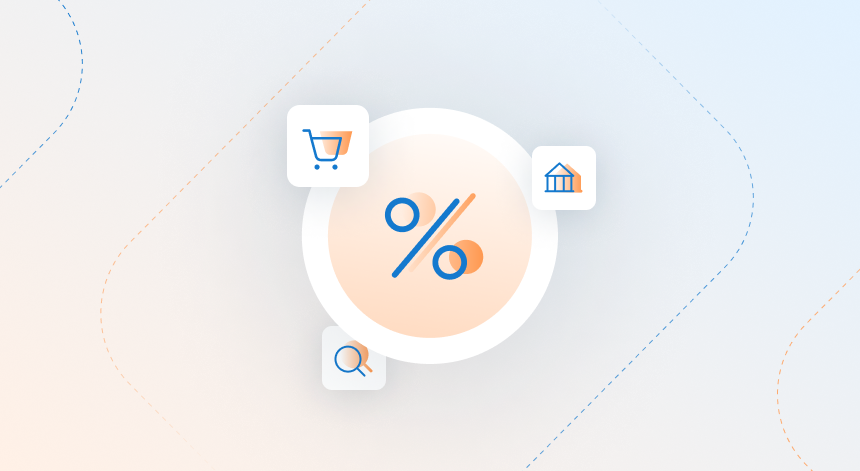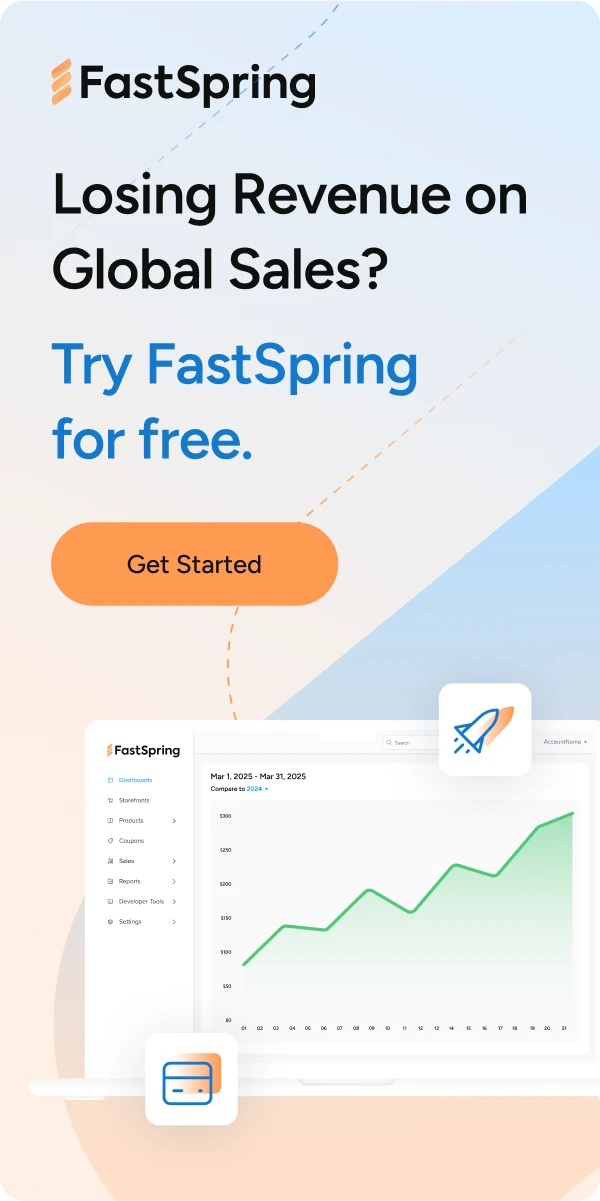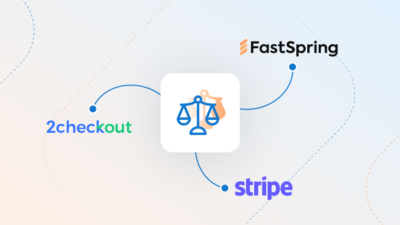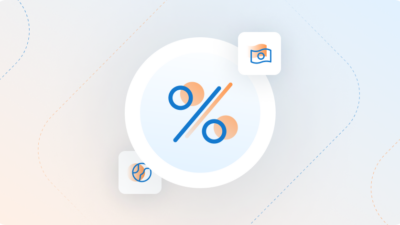In Malaysia, Sales and Service Tax (SST) is a consumption tax imposed on a wide range of goods and services. The new SST system, dubbed SST 2.0, is much simpler for businesses compared with the previous Goods and Services Tax (GST) regime it replaced and the old SST framework that preceded GST.
Below you’ll find everything you need to know about SST as a merchant.
- What is Malaysia SST?
- Do I need to pay Malaysia SST?
- What are Malaysia SST rates?
- How do I file an SST return?
- List of possible SST penalties
What is Malaysia SST?
SST is a tax on the consumption of goods and services consumed within Malaysia. It consists of two parts:
- Sales tax: A 10% tax charged on all taxable goods manufactured in and imported into Malaysia
- Service tax: A 6% tax charged on any taxable services provided in Malaysia by a registered business
Key Takeaways
- A product can only be taxed once. If you’re liable for Sales tax, you won’t have to pay Service tax and vice versa.
- They’re completely different tax regimes. Each has their own registration, compliance, and remittance processes.
- What you sell, how you sell it, and where you sell into Malaysia all factor in to determine whether you’re liable for Malaysia SST.
Service tax on digital services (SToDS)
Malaysia extended its tax system to cover digital services provided by foreign service providers on January 1, 2020. This means that if you’re a foreign supplier of digital services and have more than RM500,000 in Malaysian sales annually, you are now liable to collect and remit 6% service tax on all taxable goods and services sold to Malaysian consumers.
Here’s what it says verbatim in the Guide on Digital Services issued by the Royal Malaysian Customs Department:
“Effective 1st January 2020, service tax shall be charged and levied on any digital service provided by a foreign registered person (FRP) to any consumer in Malaysia.”
There are a few terms included here that are worth defining:
- Digital Services: any service delivered or subscribed over the Internet or other network which cannot be obtained without the use of information technology, and where delivery of the service is essentially automated.
- Foreign service provider (FSP): a person outside of Malaysia providing any digital service to a consumer. This includes any person who is outside Malaysia operating an online platform for buying and selling goods or providing services, and those who make transactions for the provision of digital services on behalf of any person.
- Malaysian consumers: anyone who pays for digital services using a credit or debit card provided by any Malaysian financial institution or company, as well as anyone who acquires digital services using an IP address registered in Malaysia or via a Malaysian mobile phone number.
You can read more about the SToDS via the Royal Malaysia Customs Department website.
Do I need to pay Malaysia SST?
If you’re selling to Malaysian consumers, you will have to access SST or SToDS if you exceed a particular sales threshold. For most categories, you must register to collect and remit tax on sales to Malaysian consumers if the value of goods or services exceeds RM $500,000 (~$120,000 USD) in a 12 month period.
See below for a few sample thresholds:
- Taxable goods manufacturers are required / liable to register for Sales Tax when the sales value of taxable goods exceeds RM500,000 in a 12 month period.
- Manufacturers who carry out sub-contract work on taxable goods where the value of work performed exceeds RM500,000 in a 12 month period are liable for Sales Tax.
- FSPs who provide digital services to Malaysian consumers are liable to be registered for Service Tax when the value of digital services for a period of 12 months or less exceeds RM500,000.
Refer to the SST Threshold Table for more details.
Malaysia SST rates
| Rate | Type | Goods/Services |
| 10% | Standard | Goods SST is charged throughout the B2B chain to the final consumer and is not deductible by taxpayers. This includes a liability on imported goods (a low-value exemption may apply). |
| 6% | Standard | Services SST is due on both B2B and B2C sales. Taxable services include digital supplies and services delivered through the internet and SaaS. |
| 5% | Reduced | This applies to non-digital goods and services like basic food, petroleum oils, construction materials, telecommunications, printing hardware and materials, and timepieces. Note: oil and petroleum are subject to quantity-based rates. |
How do I file a Malaysia SST tax return?
If you’re a FastSpring seller, you don’t need to worry about calculating, collecting, or filing taxes in Malaysia because we do it on your behalf.
However, if you don’t use FastSpring, we strongly recommend reviewing the guidance issued by the Malaysian authorities regarding SST & SToDS returns and payments.
- Forms SST-02 and SST-02A are used to report sales tax and services tax
- Forms DST-01 and DST-02 are used to report service tax on digital services
The updated guides are available on Malaysia’s government website, and address procedures on filing these forms as well as the available payment methods.
Possible SST penalties
Here’s a list of possible penalties your business can face for making a late payment or failing to file or pay your SST.
| Offences | Penalties/ Fines |
| Late payment penalty | First 30-day period: a penalty of 10% of the amount of Service Tax unpaid. Second 30-day period: an additional penalty of 15% of the amount of Service Tax unpaid. Thirty 30-day periods: an additional penalty of 15% of the amount of Service Tax unpaid. Where the late payment penalties are not paid, and upon conviction, a fine not exceeding RM50,000 or imprisonment for a term not exceeding three years or both. |
| Failure to submit an application for registration on time | Pay the SST out of your own pocket as the SST can no longer be collected from the customers. |
| Failure to file SST returns | Fines up to RM50,000 and/or up to 3 years imprisonment. |
| Failure to make SST payment | Fines up to RM50,000 and/or 3-5 year imprisonment Upon conviction, a fine not exceeding RM50,000 or imprisonment for a term not exceeding three years or both. Note: failure to make an SST payment and failure to file SST returns are two separate offences. |
| Tax Evasion | First offence: fine between 10-20 times the Sales Tax amount, imprisonment for up to 5 years, or both. Second offence: fine between 20-40 times the Sales Tax amount, imprisonment for up to 7 years, or both. |
Let FastSpring take on your tax liability
You can avoid the hassle of managing global tax obligations for your business by signing up with FastSpring. Our platform handles all of the complexity required to sell products globally, so you can focus on building and selling your software.
Our tax experts are constantly researching new tax laws and working with our outside specialists to ensure our customers’ businesses are protected and compliant.
Here are a few reasons why over 3,500 businesses trust our global tax solution:
- Take on all of your tax liability
- Automate tax calculation at checkout
- Collect and remit all your sales taxes
- Manages the complete VAT compliance process
- Supports tax-exemption on orders
And because the tax landscape is always changing, we regularly optimize our software to stay up to date on the latest regulations — sign up for free today!









